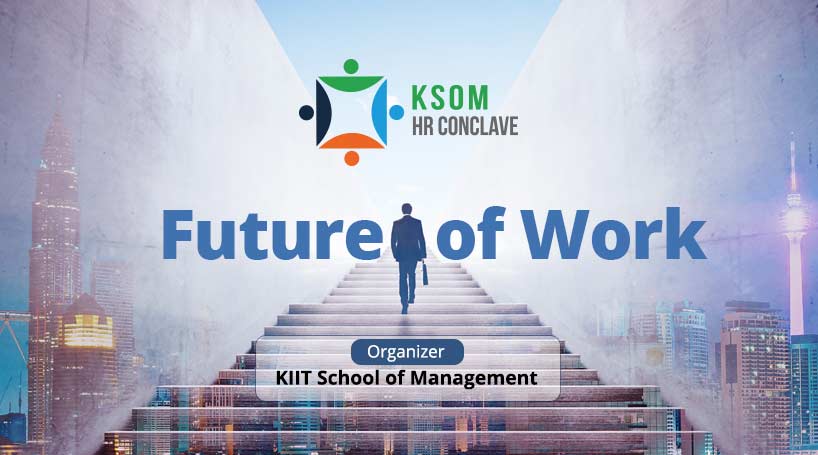Future of Work
For the past several years, different aspects of FOW have been unfolding (a) the growth of off-balance sheet employment, talent platforms, and crowd-sourcing (b) the increasing power of robotics and cognitive computing to restructure jobs and (c) the benefits and challenges of managing talent in the sharing and collaborative economy. These changes collectively have come into focus now and the issues have become more urgent.
The different force of change includes:
Technology: Technological advances, for example, in the areas of robotics, artificial intelligence (AI), sensors, and data have created entirely new ways of getting work done that are, in some cases, upending the way we use and think about our tools and how people and machines can complement and substitute for one another.
Customer empowerment and the rise of global talent markets: Market trends will also play a role in shaping the future of work. In responding to both changing customer demand and the ability to address labor needs more flexibly, the power of pull will likely lead to much tighter alignment of work with customer needs. A growing array of digital platforms is making it easier for potential employers (and customers directly to find the most appropriate talent anywhere in the world and to pull that talent together to perform specific tasks.
Demographics: Demographic changes are shifting the composition of the global workforce. In most places, people are living longer than ever, and overall, the population is becoming both older and younger, with individual nations becoming more diverse. Even more challenging, the younger generations will be increasingly concentrated in developing economies, while the developed economies (and China) get ever older.
This has far reaching implications for individuals, organizations and public policies.


